Promotion of relations with neighbors, Iran’s basic priority: FM Amir-Abdollahian
Iran’s foreign minister says promotion of relations with the neighboring countries is the main priority of the country’s political approach, adding that the new administration is determined to optimize relations with all neighbors.
Hossein Amir-Abdollahian made the remarks while addressing the First National Conference of Iran and Neighbors in Tehran on Monday.
“Promotion of relations with neighboring countries is a basic priority in Iran’s [diplomatic] initiatives. This priority had not been realized up to now due to various reasons ... [but] increasing cooperation and interaction with neighbors has been one of the basic priorities since the inauguration of the new [Iranian] administration,” Iran’s top diplomat said.
With the priority of interaction and dialog with the neighboring states, he added, the Iranian administration is making efforts to seriously pursue and achieve such a goal by maximizing the existing capacities and optimizing bilateral ties.
He noted that the conference raised the expectation that the great capacities of neighbors should be used to obtain the maximum benefits to achieve sustainable development of the region and settle some of the existing crises.
"The most important task for Iran is to pursue a policy focusing on [promotion of ties with] neighbors without the destabilizing presence of extra-regional countries," Amir-Abdollahian said, emphasizing that such a policy which seeks to promote security can tackle this challenge in the medium and long run.
'Saudi Arabia, UAE must end Yemen war, blockade through political means’
Elsewhere in his address, the Iranian foreign minister cited the Yemeni issue as another challenge for the Islamic Republic, saying, "Currently, there is an issue going on between Yemen and another neighbor. What is happening between Yemen and some of the neighbors as well as those countries that are participating in the military operation against Yemen is a Yemeni business."
He once again voiced Tehran's concern about the ongoing war in Yemen and said, "Since the beginning of the Yemeni crisis and the war against the country, Iran has openly presented a four-point political plan and has always supported the realization and pursuit of the plan."
The top Iranian diplomat called on Saudi Arabia and the United Arab Emirates to pursue a political and constructive approach to end the humanitarian siege and war in Yemen and promote intra-Yemeni talks as the continuation of the crisis in the impoverished country would not be beneficial to the region.
Saudi Arabia, backed by the United States and regional allies, launched the war on Yemen in March 2015, with the goal of bringing the government of former Yemeni president Abd Rabbuh Mansour Hadi back to power and crushing the Ansarullah movement.
The war has left hundreds of thousands of Yemenis dead and displaced millions more. It has also destroyed Yemen’s infrastructure and spread famine and infectious diseases there.
Despite heavily-armed Saudi Arabia’s incessant bombardment of the impoverished country, the Yemeni armed forces and the Popular Committees have grown steadily in strength against the Saudi-led invaders and left Riyadh and its allies bogged down in the country.
‘Door open to Saudi Arabia for restoration of diplomatic ties’
Amir-Abdollahian further said the door is open to Riyadh to restore ties with Tehran, adding, "Whenever Saudi Arabia decides to restore its diplomatic relations with Iran, we welcome the reopening of embassies, restoration of ties and even the expansion of relations with Saudi Arabia."
He added that it is up to Riyadh to make a decision about the time of the embassies' reopening, saying Tehran welcomes a new round of talks.
He, however, emphasized that holding talks for a long period of time would not be the solution to restore relations, describing the "adoption of a political decision" as the "necessity" step in doing so.
"We, in the new administration, have decided that Saudi Arabia can take the necessary steps to return relations with Iran to normal whenever it comes to a final conclusion," he said.
Saudi Arabia severed diplomatic relations with Iran in January 2016 after Iranian protesters, enraged by the Saudi execution of prominent Shia cleric Sheikh Nimr Baqir al-Nimr, stormed its embassy in Tehran.
For years, the kingdom pursued a confrontational foreign policy toward the Islamic Republic, but since last year, the kingdom appears to have changed tack.
The two Middle East heavyweights have held four rounds of talks since April, including a meeting last month under the Iranian administration of President Ebrahim Raeisi.
Iran’s Foreign Ministry spokesman Saeed Khatibzadeh said last week that three Iranian diplomats have arrived in Saudi Arabia to take up posts at the headquarters of the Organization of Islamic Cooperation (OIC) in the kingdom.
Khatibzadeh described the latest development as “a good prelude for the two sides to visit their embassies," adding, “Iran has always expressed its readiness to open its embassy in Saudi Arabia.”
Amir-Abdollahian: No direct talks with the US in Vienna
In another part of his remarks, Iran’s foreign minister touched on the ongoing talks in the Austrian capital for the removal of sanctions imposed on Tehran, saying that there has been so far no direct talks between Iranian and US delegations.
"The American side sends messages in various ways, calling for a level of direct negotiations with Iran," the minister said, noting that Tehran is engaged in talks with the P4+1 group of countries and has "non-paper" contacts with the US through Enrique Mora, the European Union’s deputy foreign policy chief and head of the Joint Commission of the nuclear agreement, officially known as the Joint Comprehensive Plan of Action (JCPOA), and one or two signatories to the deal.
The top Iranian diplomat rejected certain reports about direct talks between Tehran and Washington, saying, "But at the same time, we will not ignore it if we reach a stage in the negotiation process where reaching a good agreement with strong guarantees would require some degree of dialogue with the United States."
Amir-Abdollahian criticized the three European parties to the JCPOA (E3) for failing to present any "new, forward-looking and constructive" initiative during the Vienna talks although they have made efforts in recent weeks to pursue a rational and constructive attitude. Even France does not play the role of a bad cop in the Vienna negotiations, he said.
Iran and the remaining participants to the JCPOA have been holding talks in the Austrian capital since April last year with the aim of reviving the deal by bringing the US into full compliance.
The US left the JCPOA in May 2018 under former President Donald Trump. The Vienna talks began on a promise by Trump’s successor, Joe Biden, to rejoin the deal and repeal the so-called maximum pressure campaign against Iran. Biden, however, has so far failed to undo Trump’s own undoing of Barack Obama’s Iran policy, which led to the JCPOA in June 2015.
Analysts believe that the Vienna talks are advancing at an optimal pace and if all sides act realistically, a final agreement could be achieved within a logical time interval.
Practical ideas have been already offered by Iran on such issues like US guarantees and verification of sanctions removal, and negotiating parties have started to turn those ideas into texts since a while ago.
In fact, since the United States was the party that withdrew from the JCPOA, it will be obliged to take the necessary steps to return to full compliance with the accord. After US steps are verified, then Iran will stop its remedial actions taken under the stipulations of the 2015 agreement.
Experts maintain that the Islamic Republic of Iran has attended Vienna talks with a constructive approach and the Iranian delegation is bent on achieving an agreement on the basis of clear principles and norms that it values. Washington, therefore, must take advantage of this opportunity to prevent further escalation of tensions and later disputes in the West Asia region, which would not be to its benefit.
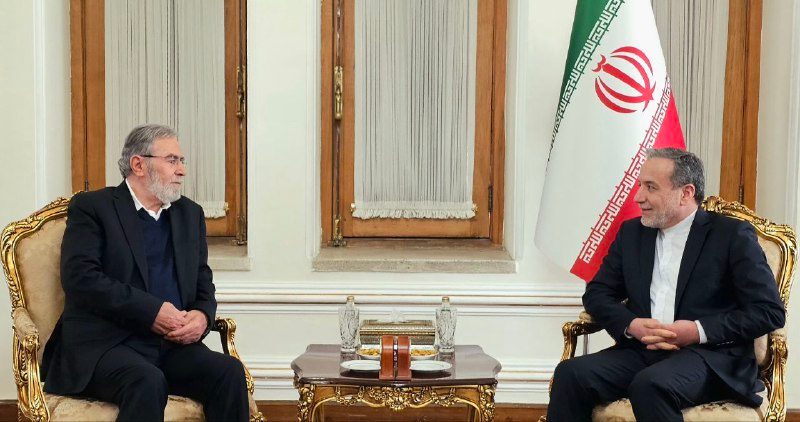
Israel achieved none of its war objectives in Gaza: Iran FM
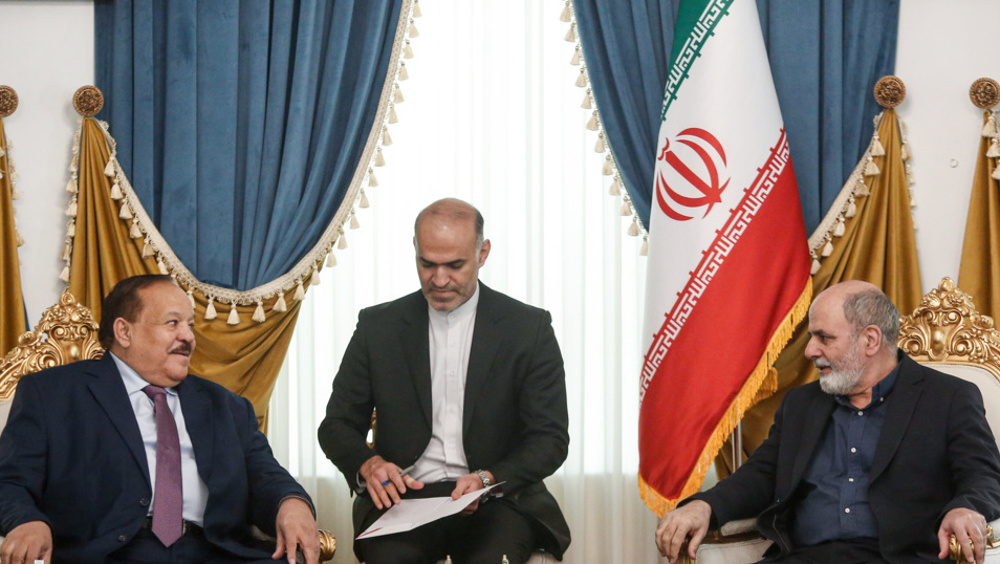
Iran’s top security official calls for establishing peace, stability in Sudan
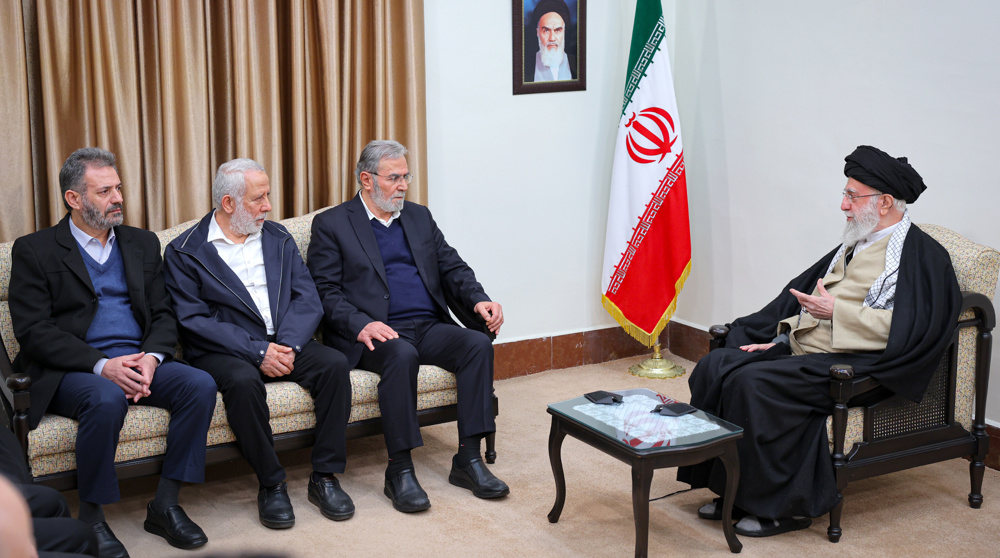
Leader dismisses US displacement plan for Gaza as ‘foolish, futile’
US special envoy in Kiev amid war of words between Trump, Zelensky
Hamas says ready to free all Israeli captives at once in phase two of truce
Israel kills one, injures two in southern Lebanon: Media
‘Colonial powers’ have no right to determine fate of Palestine: Qalibaf
Explainer: Why are MK-84 2,000-lb bombs approved by Trump for Israel so deadly?
President Pezeshkian: Iran, Qatar opening new avenues for cooperation
VIDEO | Displaced return home despite destruction
IRGC unveils new homegrown smart missiles, drones drill


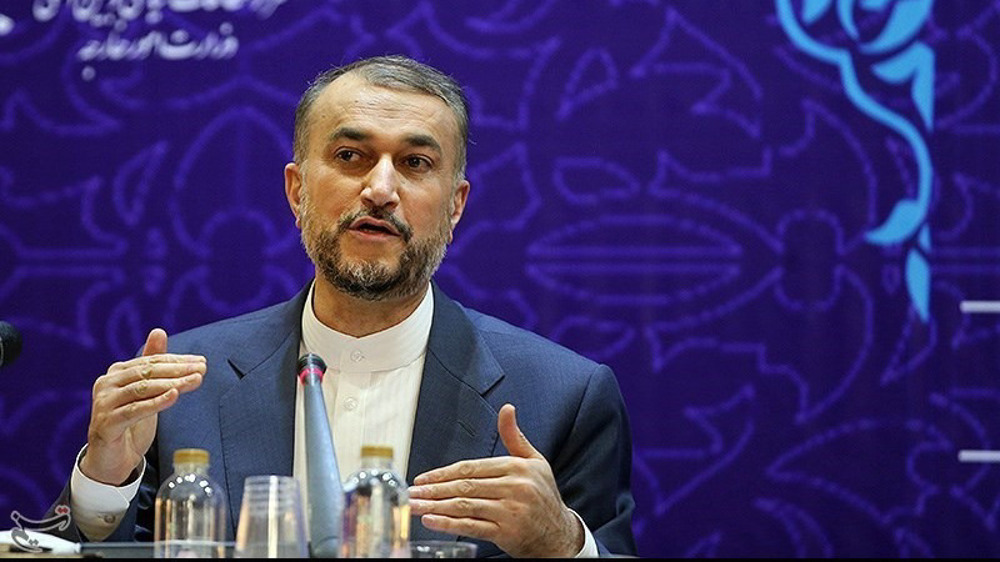
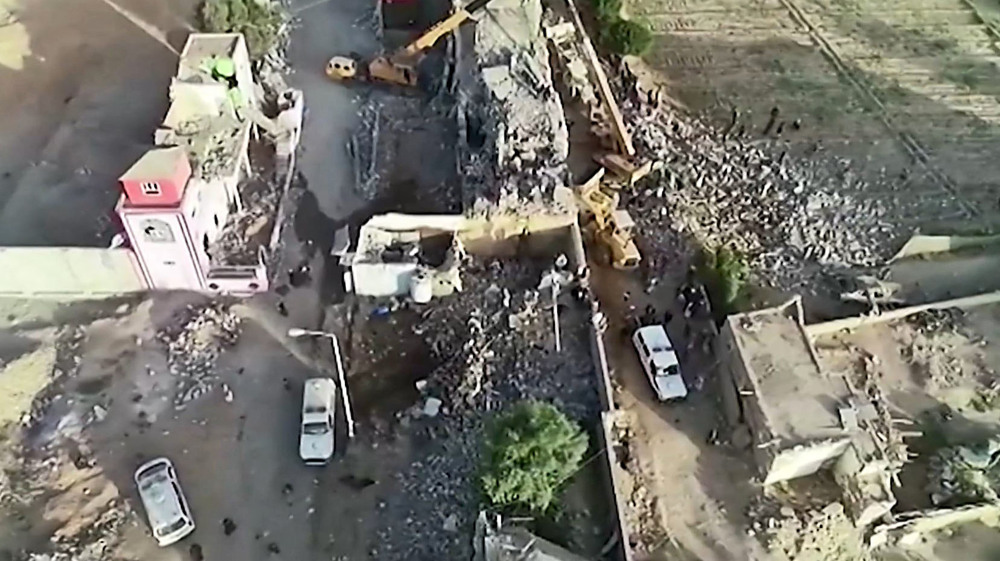
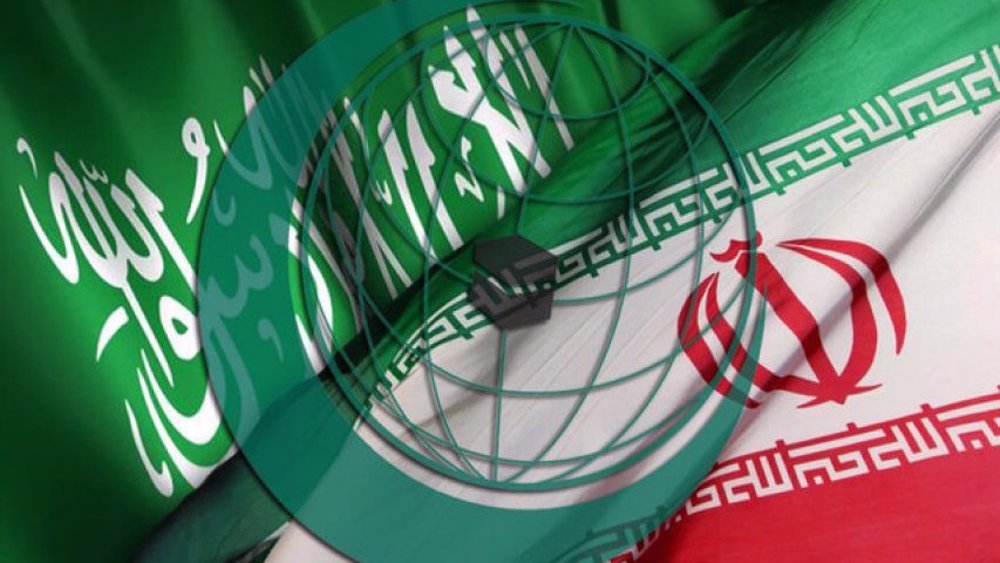
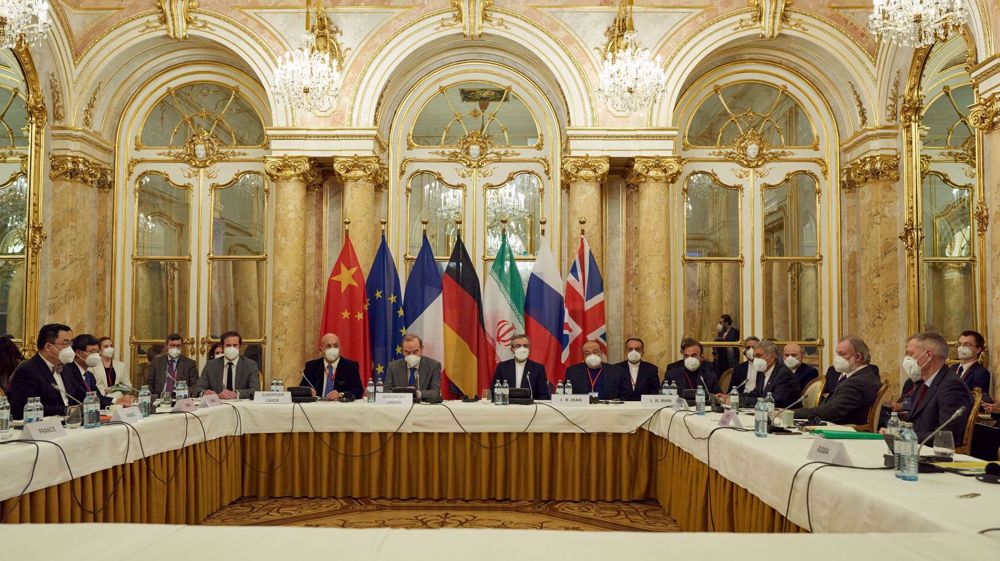




 This makes it easy to access the Press TV website
This makes it easy to access the Press TV website